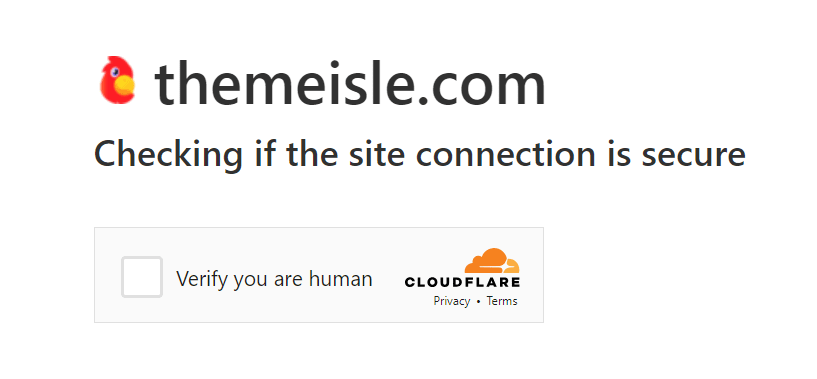What is CAPTCHA exactly? Have you ever encountered a web form that asked you to prove you’re not a robot by solving a puzzle or typing in distorted characters?
That’s the “Completely Automated Public Turing test to tell Computers and Humans Apart,” also known as CAPTCHA. In a nutshell, it’s a security measure designed to distinguish between human users and automated bots.
In this blog post, we will further explore the concept of CAPTCHA, how it works, its various types, and its significance in the context of WordPress.
Understanding CAPTCHA
CAPTCHA works by presenting challenges that are easy for humans to solve but difficult for machines. It utilizes different methods to verify the user’s humanity.
One common approach is the “image-based CAPTCHA,” where users are shown an image containing obscure characters and are required to correctly identify and enter those characters into a text box. This method assumes that humans can easily decipher the characters, whereas bots struggle due to their limited ability to understand distorted visuals.
There are other types of CAPTCHAs as well. For instance, there’s the “audio-based CAPTCHA” that involves listening to a sequence of spoken characters and entering them accurately. This formula accommodates users with visual impairments who may have difficulty with image-based challenges. Moreover, there are “logic-based CAPTCHAs” that pose simple questions or puzzles that can be easily answered by humans but are challenging for bots to tackle.
Currently, we also have advanced CAPTCHA solutions by companies like Cloudflare that run their own algorithms in the background and don’t even require you to take any action.

These CAPTCHA mechanisms are widely used on various websites to prevent automated activities such as spamming, brute-force attacks, and account creation by bots. They serve as an effective barrier between real users and malicious bots, ensuring a safer and more reliable online experience.
What is CAPTCHA: the importance of using it in WordPress
Now, let’s delve into the significance of implementing CAPTCHA on your WordPress platform. WordPress is a popular content management system powering millions of websites. Due to its popularity, it often becomes a target for hackers and spammers. By adding CAPTCHA to your WordPress site’s login and registration forms, you add an extra layer of security that safeguards your site against automated attacks.
CAPTCHA on WordPress login pages prevents brute-force attacks, where bots try to gain unauthorized access by repeatedly guessing usernames and passwords. With this protection, even if the bot manages to obtain a correct username, it will still not gain access due to the inability to pass the CAPTCHA challenge. This drastically reduces the risk of unauthorized account entry and protects sensitive user information.
Similarly, CAPTCHA on WordPress registration pages deters bots from creating fake accounts. Bots can attempt to register on websites to carry out spamming activities, generate fake content, or even initiate malicious activities. By implementing CAPTCHA, you ensure that only genuine users can successfully register, enhancing the overall quality and authenticity of your user base.
Conclusion
CAPTCHA is a valuable security measure that helps differentiate between human users and automated bots. Its implementation across various web platforms, including WordPress, serves as an effective deterrent against spam, brute-force attacks, and other malicious activities. Now that you know what is CAPTCHA, you can strengthen the security and integrity of your online presence.

